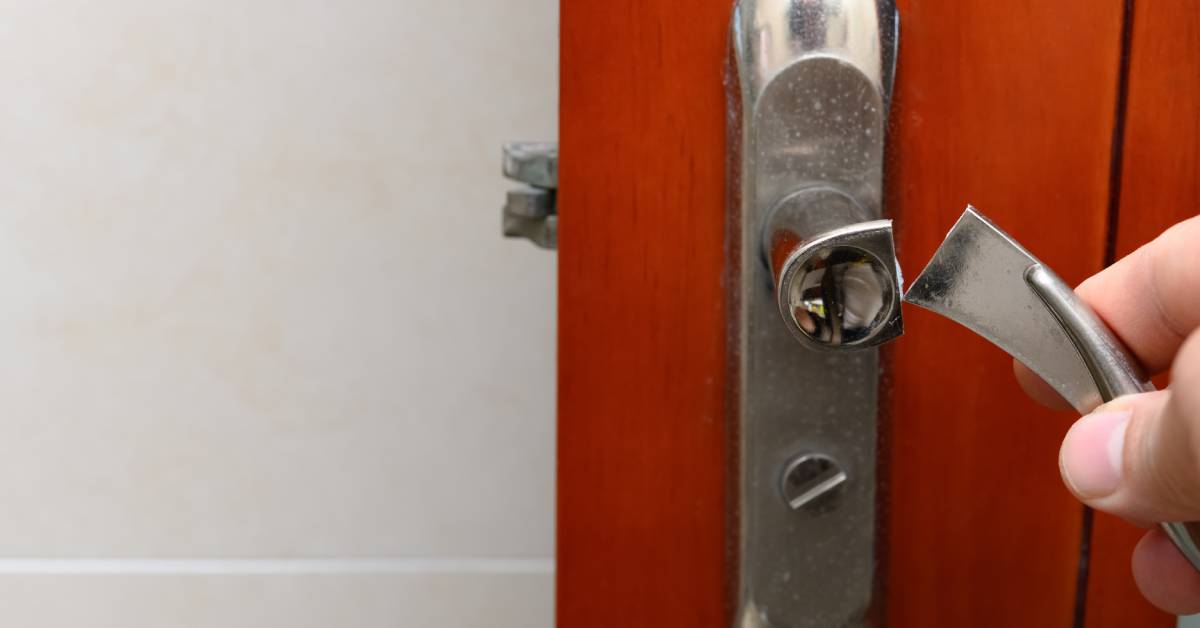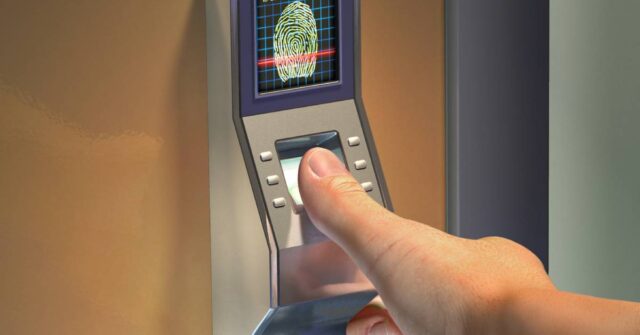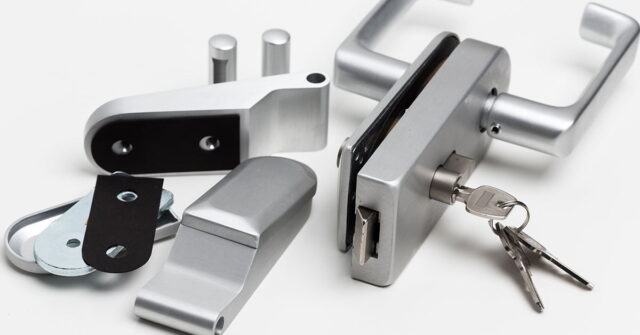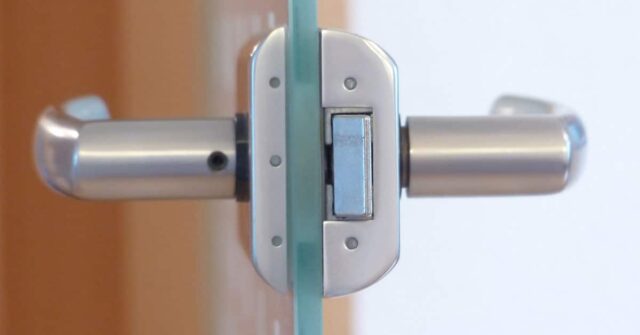Locks play a crucial role in safeguarding our homes and properties. They help to prevent unwanted access, protect your valuable assets, and ensure the privacy of your living spaces.
However, like any mechanical device, locks can wear out over time, and when they do, it’s important to act quickly.
If you live in Australia, you should be aware of the unique considerations and standards when seeking professional repair for your locks.
This article aims to guide you on the signs your locks need professional repair and other pertinent aspects to consider.
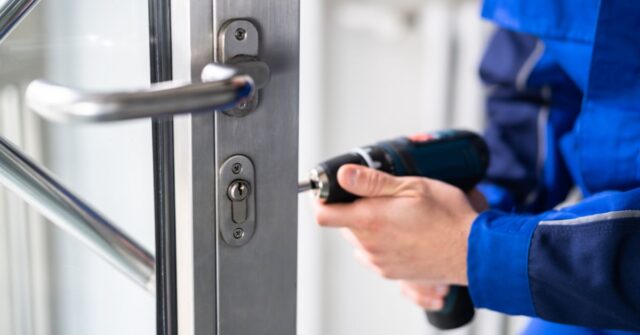
The Importance of a Functional Lock
Often, the importance of a functional lock is overlooked until a problem arises. However, the significance of a working lock extends beyond just granting access to your home or office.
Home Safety and Security
A robust, fully functional lock acts as the first line of defence against intruders, providing the necessary barrier to safeguard your home and loved ones.
In Australia, with break-ins constituting a significant proportion of crimes, ensuring your locks are in top condition is key to home security.
Insurance Compliance
Moreover, most home insurance policies in Australia require homes to have certain standards of locks.
Failure to maintain these locks could lead to non-compliance with your insurance policy, potentially leading to complications when making a claim.

Understanding Different Types of Locks
Before we delve into the signs of a damaged lock, it’s essential to understand the different types of locks typically used in Australian homes and businesses.
This understanding aids in identifying specific problems associated with each type.
Deadbolts
Deadbolts are one of the most common types of locks used in Australia due to their effectiveness against forced entry.
They consist of a solid metal bolt that slides into the door jam. However, they can wear out with time and heavy use.
Knob Locks
Knob locks, often used in residential properties, incorporate a lock mechanism within the knob itself.
While they offer convenience, they are less resistant to force and require regular checks to ensure their functionality.
Cylinder Locks
Cylinder locks, commonly found in commercial buildings, use a key to operate a cylinder that, in turn, moves the lock’s bolt. They’re robust but not immune to damage, especially from lock-picking attempts.
Mortise Locks
Mortise locks are popular in older Australian homes. They consist of a flat, rectangular box that fits into a recess in the door. While durable, mortise locks can face issues with the internal mechanism over time.
Padlocks
Padlocks are portable and versatile, used for securing gates, sheds, or storage units. Because they’re exposed to the elements, they may rust or become stiff, needing professional attention.
Smart Locks
Smart locks represent modern security technology and offer keyless entry, remote access, and other advanced features.
However, they may face issues related to connectivity, power, or electronic malfunctions.
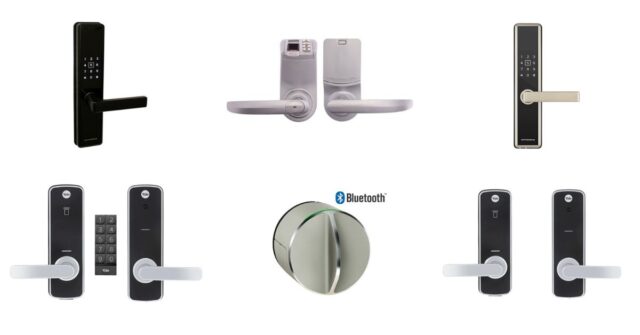
Common Signs That Indicate Lock Damage
Regardless of the type of lock, there are common tell-tale signs that your lock may need professional repair.
Being aware of these signs allows you to take timely action, ensuring your locks remain reliable and effective.
Difficulty in Locking and Unlocking
One of the first signs of a problem is difficulty in locking or unlocking your door. If your key is hard to turn or you’re struggling to insert or remove your key, this could be a sign of a damaged or worn-out lock.
Visible Signs of Tampering
If you notice scratches around your lock, or if the lock seems loose or altered, this could suggest attempted burglary.
In such cases, it’s advisable to seek immediate professional assistance to assess and rectify the damage.
Wear and Tear
Signs of rust, decay, or general wear and tear can compromise the integrity of the lock. Locks, like any other item, age with time and usage, and regular inspections can help detect these signs early.
The Key Doesn’t Work Properly
If your key isn’t working properly, it’s a clear indicator that something is wrong. The issue could be with the key itself, or it might be a problem with the internal mechanism of the lock.
The Lock is Loose or Misaligned
A loose or misaligned lock is a definite sign that you need a professional repair. This can happen over time due to weather changes, door warping, or improper installation.
Changes in Weather Conditions
In Australia, the changes in weather conditions, particularly in coastal areas, can affect locks. Locks can contract or expand due to temperature changes, while humidity and salt in the air can cause corrosion.

Why You Shouldn’t Attempt DIY Lock Repairs
While it might be tempting to fix a faulty lock yourself, there are several reasons why you should consider hiring a professional locksmith instead.
Potential for Further Damage
Locks are intricate mechanisms, and without proper tools and expertise, DIY repairs could lead to further damage, which might even necessitate a complete lock replacement.
Risk of Compromising Safety
Inadequate repairs can compromise the lock’s effectiveness, potentially making your home or business an easier target for burglaries.
Professionals ensure the lock is functioning optimally, maintaining your property’s security.
Invalidation of Insurance Policy
Some insurance policies require that any lock repairs or replacements be carried out by a professional. Doing it yourself could invalidate your policy, leading to issues if you need to make a claim.

When to Call a Professional Locksmith
While we’ve covered signs that your locks need repair, it’s also essential to understand when you should call a professional locksmith.
Regular Maintenance
Locks, like any security device, require regular maintenance. A professional locksmith can help keep your locks in optimal condition, extending their life and maintaining their effectiveness.
Emergency Lockout Situations
If you’re locked out of your house or business, a locksmith can provide quick access. They have the right lock-picking tools and techniques to unlock doors without causing unnecessary damage.
Post-Burglary Lock Assessment
Following a burglary or attempted break-in, it’s advisable to call a locksmith to assess your locks. They can repair any damage and recommend upgrades to prevent future incidents.
Upgrading to High-Security Locks
If you’re considering upgrading to high-security or smart locks, a professional locksmith can provide valuable advice based on your needs and carry out the installation.
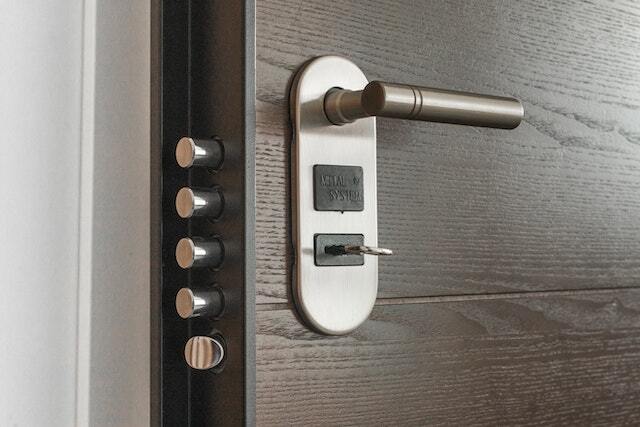
Choosing the Right Locksmith in Australia
With many locksmiths offering their services, it can be challenging to decide who to entrust with your lock repairs. Here are a few tips to help you choose the right professional in Australia.
Checking Qualifications and Credentials
Make sure the locksmith you choose is licensed and qualified. In Australia, locksmiths are required to hold a security license, indicating they have undergone necessary training and background checks.
Understanding Service Offerings
Not all locksmiths offer the same range of services. Some may specialize in residential locks, while others might focus on commercial or automotive locks.
Choose a locksmith who offers the specific services you need.
Reading Customer Reviews
Online reviews can provide valuable insights into the locksmith’s reliability, professionalism, and quality of service. Look for a locksmith with a strong reputation in your community.
Ensuring 24/7 Availability
Lock issues can arise at any time, and in such instances, you’ll need a locksmith who offers 24/7 service. Check if your chosen locksmith provides emergency services when needed.
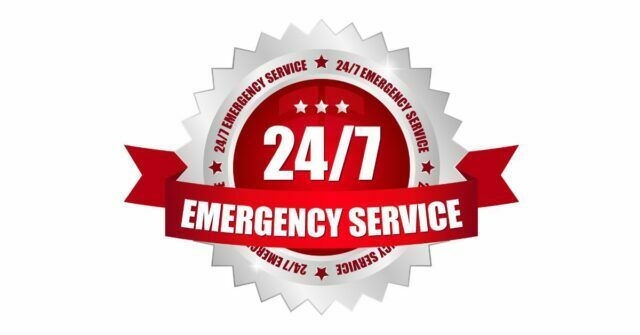
Australian Locksmith Standards and Regulations
In Australia, locksmith services are governed by specific standards and regulations to ensure safety and quality. Understanding these can help you make informed decisions about your lock repairs.
Relevant Licensing Bodies
The relevant licensing bodies vary by state, but generally, locksmiths should hold a security license. Check with your local regulatory body to verify the locksmith’s license before hiring.
Compliance Requirements
Locksmiths must comply with Australian standards, such as the AS 4145.2-2008 for mechanical locksets for doors and windows in buildings.
These standards ensure that the locks installed or repaired meet specific safety and quality benchmarks.
Standards for Locksmith Services in Australia
Besides compliance with physical lock standards, locksmiths must also adhere to standards of service, including providing clear quotes, avoiding damage to property, and respecting client privacy.
Violation of these service standards can be reported to the relevant authorities.
Conclusion
Understanding the signs that your locks need professional repair and knowing when to call a mobile locksmith is crucial for maintaining your property’s security.
It’s equally important to choose a licensed, reputable locksmith and to be aware of the Australian standards and regulations governing locksmith services.
Armed with this knowledge, you can ensure your locks remain robust, providing you with peace of mind that your property and loved ones are safe and secure.

